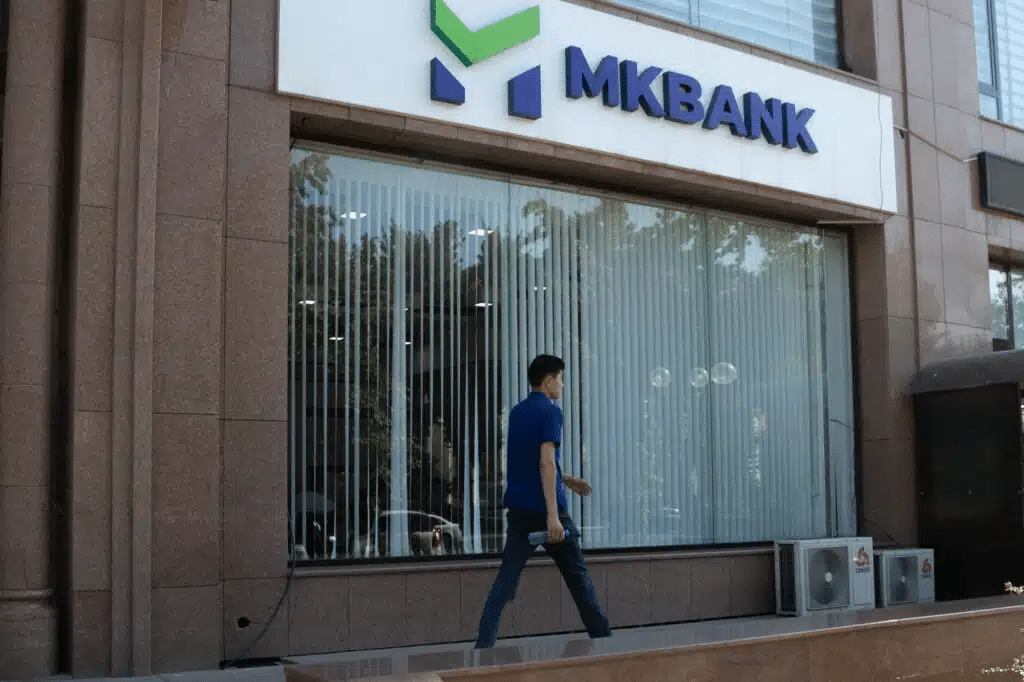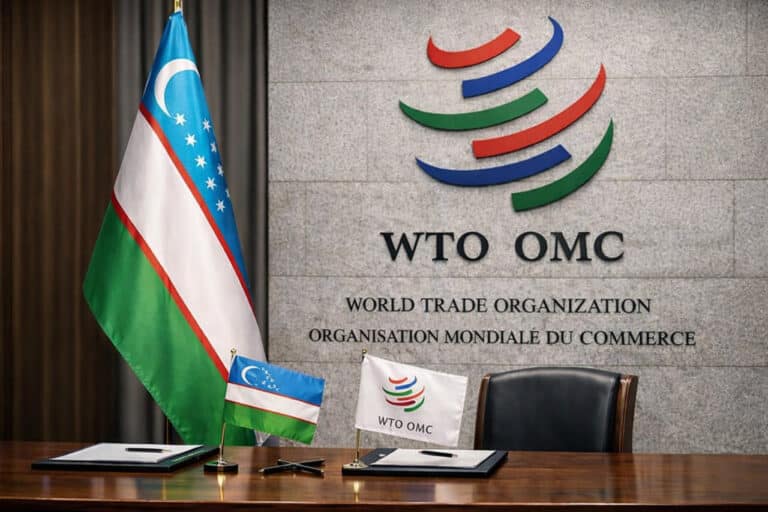
The Business Development Bank and Microcreditbank reported losses of 2.2 trillion soums and 1.7 trillion soums, respectively, for 2024. This information was confirmed by the deputy chairmen of the financial institutions, Bakhromhuja Sharipov and Bahadir Allaniyazov, during a media dialogue at the Central Bank of Uzbekistan on January 22, as reported by Kursiv Uzbekistan.
The primary reason for these losses is problem loans. As a result, the banks had to allocate a significant portion of their profits to reserves, which contributed to the overall losses.
Nusratulla Fazilov, head of the Central Bank’s prudential supervision department, stated that there is no cause for concern. As problem loans decrease, the banks will be able to withdraw funds from their reserves, aiding in their financial recovery.
When asked by Kursiv Uzbekistan whether additional capitalization would be needed for the financial institutions this year, Fazilov responded that there is currently no such need. The capital adequacy ratios for the two banks are above 18% and 15%, while the required norm is 13%.
As of January 1, 2025, the share of problem loans in the portfolios of Uzbek financial institutions stood at 4% (21 trillion soums). This figure is higher in the Business Development Bank, where it is at 8.5%. Bakhromhuja Sharipov mentioned that the bank aims to improve its situation with problem loans this year and has set a target of achieving at least 1 trillion soums in net profit by the end of 2025.
According to Fazilov, Uzbekistan successfully recovered 12 trillion soums in bad loans across the banking system in 2024.
Among state-owned financial institutions, the Business Development Bank and Microcreditbank rank sixth and seventh, respectively, in terms of assets.
Kursiv Uzbekistan also reports that citizens in Uzbekistan will soon have the ability to set and remove restrictions on credit transactions involving them.













